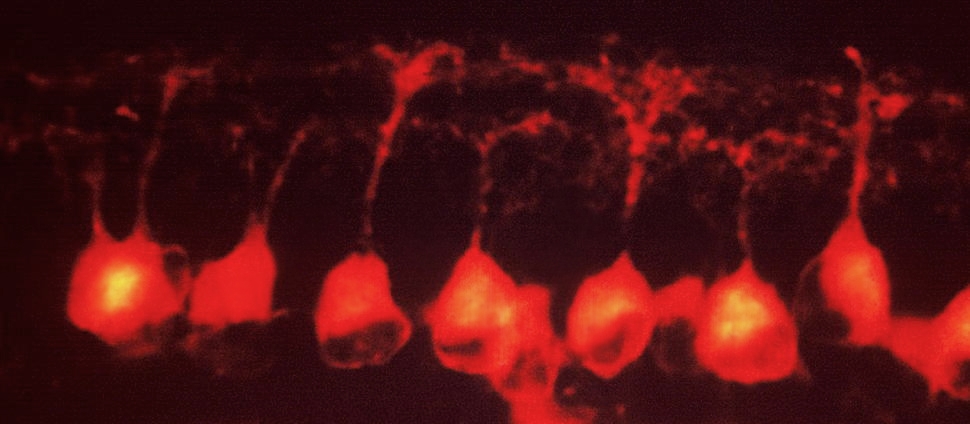Document Type
Article
Publication Date
8-1-2022
Publication Title
Mind, Brain, and Education
Abstract
In cognitive neurosciences, fundamental principles of mental processes and functional brain organization have been established with highly controlled tasks and testing environments. Recent technical advances allowed the investigation of these functions and their brain mechanisms in naturalistic settings. The diversity in those approaches have been recently (Matusz, P. J., Dikker, S., Huth, A. G., & Perrodin, C. (2019). Are we ready for real-world neuroscience? Journal of Cognitive Neuroscience, 31(3), 327–338. doi:10.1162/jocn_e_01276) classified via a three-category cycle, including controlled laboratory, partially naturalistic laboratory, and naturalistic real-world research. Based on this model, we developed the Multidimensional Assessment of Research in Context (MARC) tool to easily delineate the approach researchers have taken in their study. MARC provides means to describe the degree of ecological validity for each component of a study (e.g., sample, stimuli, measures, etc.), and the study's location on the cycle. The tool comprises seven questions concerning a study's characteristics. It outputs a summary of those and a compass plot, which can be used for presentations, preregistration, grant proposals, and papers. It aims to improve drawing conclusions across studies and raise awareness about the generalizability of research findings.
Volume
16
Issue
3
First Page
228
Last Page
238
DOI
10.1111/mbe.12318
ISSN
17512271
Version
Author's Accepted Manuscript
Recommended Citation
Naumann, Sandra; Byrne, Michelle L.; de la Fuente, Alethia; Harrewijn, Anita; Nugiel, Tehila; Rosen, Maya; van Atteveldt, Nienke; and Matusz, Pawel J., "Assessing the Degree of Ecological Validity of Your Study: Introducing the Multidimensional Assessment of Research in Context (MARC) Tool" (2022). Neuroscience: Faculty Publications, Smith College, Northampton, MA.
https://scholarworks.smith.edu/nsc_facpubs/118


